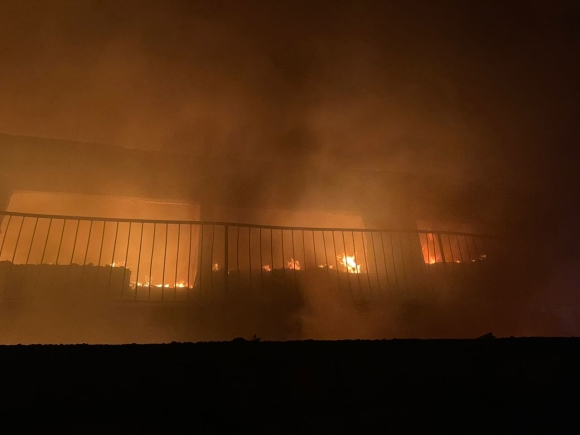- A South Korean court sentenced Aricell CEO Park Soon-kwan to 15 years in prison over a fatal 2024 factory fire.
- The blaze in Hwaseong killed 23 people, including 18 foreign workers, and injured eight.
- Park’s son, also a company executive, received the same prison term plus a fine.
- Prosecutors argued executives ignored safety, making escape during the fire nearly impossible.
- The case marks the harshest sentence ever under South Korea’s industrial safety law.
- Investigators revealed the factory lacked proper safety measures and worker training.
- The fire spread rapidly through 35,000 battery cells stored inside.
- President Lee Jae Myung has vowed to strengthen workplace safety penalties.
A South Korean court has delivered one of the toughest punishments yet under the country’s workplace safety laws, sentencing Aricell’s chief executive, Park Soon-kwan, to 15 years in prison for his role in a devastating factory fire.
The fire broke out in June 2024 at the company’s lithium battery plant in Hwaseong, south of Seoul, claiming 23 lives—most of them foreign workers—and leaving eight others injured. Investigators later determined the facility had insufficient escape routes, inadequate training for staff, and virtually no effective safety protocols in place.
Park’s son, who also held a senior management position at the company, received the same sentence and a fine, underscoring the court’s stance that executives bore direct responsibility for the tragedy. Prosecutors had pushed for an even harsher 20-year term, highlighting that structural changes inside the plant left employees trapped as the fire raged.
The disaster unfolded on the factory’s second floor, where roughly 35,000 lithium cells were being inspected and packaged. The highly combustible materials caused the flames to spread uncontrollably, forcing firefighters to use sand rather than water to bring the blaze under control.
The ruling not only sets a legal precedent but also intensifies scrutiny on South Korea’s booming battery industry. With lithium production central to electric vehicles and consumer electronics, authorities are now under pressure to balance industrial growth with worker safety. President Lee Jae Myung has pledged stricter penalties for companies that fail to protect their employees.

